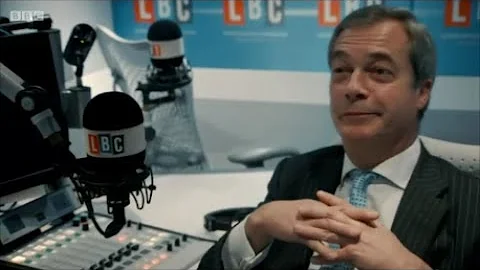What is Brexit When did it happen?
Table des matières
- What is Brexit When did it happen?
- Is Brexit complete?
- What do you mean by Brexit?
- When did UK join EU?
- Can UK citizens work in Switzerland after Brexit?
- Which country left European Union recently?
- What was the maximum bridge extension set to in January 2021?
- What are the benefits of Brexit?
- What were the results of the Brexit?
- Why did the UK leave the EU?
- What is the history of Brexit?

What is Brexit When did it happen?
31 janvier 2020, 3:00 PM UTC−8 Retrait du Royaume-Uni de l'Union européenne/Dates de début
Is Brexit complete?
The effects of Brexit will in part be determined by the EU–UK Trade and Cooperation Agreement signed on 30 December 2020, which was provisionally applied from 1 January 2021 when the Brexit transition period ended, and which formally came into force on after ratification processes on both sides were ...
What do you mean by Brexit?
Brexit is an abbreviation of two English words: 'Britain' and 'exit' and refers to the withdrawal process of the United Kingdom (UK) from the European Union (EU). Article 50 of the Treaty of the European Union regulates the withdrawal process of any Member State.
When did UK join EU?
The United Kingdom joined the European Communities on 1 January 1973, along with Denmark and the Republic of Ireland. The EC would later become the European Union.
Can UK citizens work in Switzerland after Brexit?
No, because since the UK's withdrawal from the European Union and the end of the transition period on 31 December 2020, UK nationals now have third-country status, and so cannot come to Switzerland to look for work.
Which country left European Union recently?
The UK formally left the EU on 31 January 2020, following on a public vote held in June 2016. However, the country benefitted from a transition period to give time to negotiate a trade deal between the UK and the EU.
What was the maximum bridge extension set to in January 2021?
As part of the new trade deal, the EU has agreed to delay transfer restrictions for at least four months (until ), which can be extended to six months, at the latest until (known as "the bridge").
What are the benefits of Brexit?
- Trading off costs and benefits of Brexit and the EU. The cultural benefits are vast and rarely spelt out: travel and a growth in knowledge about different parts of the world; intercultural communication and thus increased international understanding; access to new and stimulating ideas, beliefs, and practices; rapid movement of innovations.
What were the results of the Brexit?
- According to a December 2017 Financial Times analysis, the Brexit referendum results had reduced national British income by between 0.6% and 1.3%. A 2018 analysis by Stanford University and Nottingham University economists estimated that uncertainty around Brexit reduced investment by businesses by approximately 6 percentage points and caused an employment reduction of 1.5 percentage points. [49]
Why did the UK leave the EU?
- Anti-immigrant sentiment. In 2015,630,000 foreign national migrants came to the UK from both inside and outside the EU and an additional 333,000 arrived in the UK in 2016.
- Follow the money. EU membership comes at a financial cost,because all member countries must pay into the EU budget. ...
- Sovereignty. ...
- Identity. ...
What is the history of Brexit?
- The British History of Brexit. At a deeper level, the Brexit vote can be seen as part of a transatlantic peasants’ revolt, making itself felt in France, Hungary, Italy, Poland, Austria, and of course the United States. Both explanations have merit, but both ignore the specifically British roots of Brexit.













